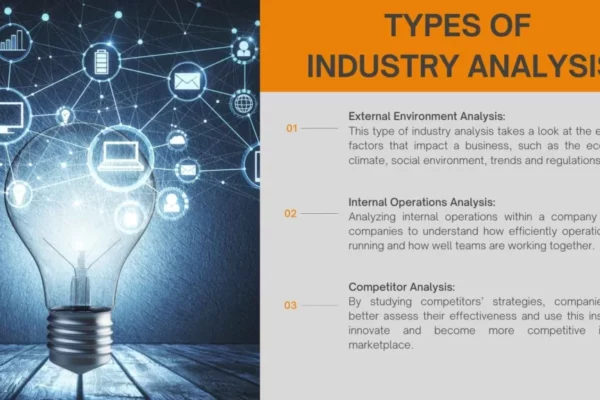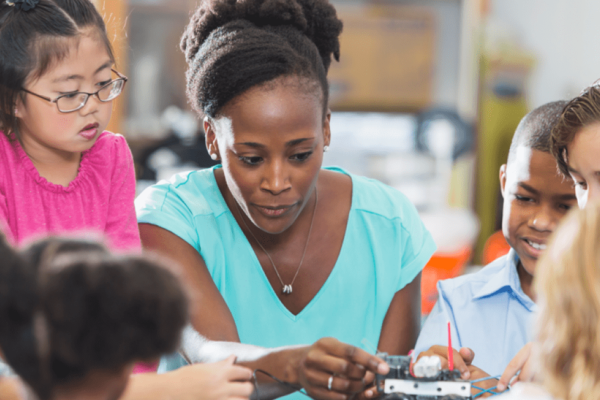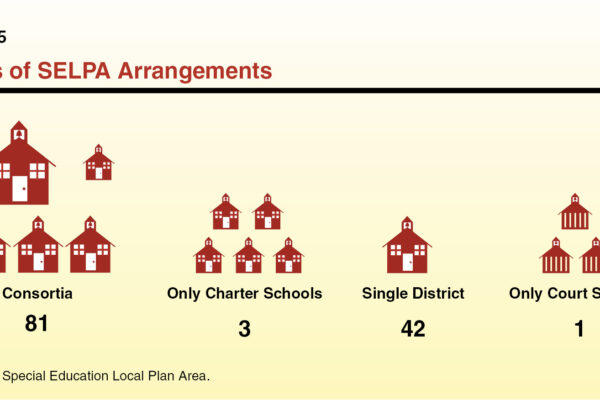The importance of secondary education
As someone who has experienced the benefits of secondary education firsthand, I cannot stress enough the importance of this crucial stage in a student’s academic journey. Secondary education serves as a bridge between the foundational knowledge gained in primary school and the specialized skills and knowledge required for higher education or the workforce. It equips students with the necessary tools to navigate the complexities of the modern world and paves the way for future success.
During secondary education, students are exposed to a wider range of subjects, allowing them to explore their interests and discover their passions. This exposure to different fields of knowledge helps students develop a well-rounded perspective and sets them up for success in various domains. Moreover, secondary education fosters critical thinking, problem-solving, and communication skills, which are essential not only for academic pursuits but also for navigating real-world challenges.
How secondary education prepares students for future success
Secondary education plays a vital role in preparing students for future success by nurturing their intellectual, emotional, and social development. It provides them with a supportive and structured learning environment where they can not only acquire knowledge but also develop essential life skills. Through a curriculum that includes a variety of subjects such as mathematics, sciences, humanities, and the arts, students gain a broad knowledge base that prepares them for the diverse challenges they may encounter in their personal and professional lives.
In addition to academic learning, secondary education also focuses on developing key competencies that are crucial for success in the 21st century. These include critical thinking, problem-solving, creativity, collaboration, and digital literacy. By honing these skills, students are better equipped to adapt to the rapidly changing job market and contribute meaningfully to society. Furthermore, secondary education fosters qualities such as resilience, self-discipline, and perseverance, which are invaluable in overcoming obstacles and pursuing long-term goals.
The impact of secondary education on career opportunities
One of the most significant impacts of secondary education is its role in shaping career opportunities for students. With the increasing demand for skilled professionals in various industries, a solid secondary education foundation is essential for securing meaningful employment. In today’s competitive job market, employers value candidates who possess not only specialized knowledge but also a diverse skill set. Secondary education provides students with the opportunity to explore different career paths and acquire the necessary skills to succeed in their chosen fields.
Furthermore, secondary education offers vocational and technical programs that cater to students who wish to enter the workforce directly after graduation. These programs equip students with practical skills and knowledge that are in high demand in industries such as healthcare, information technology, construction, and manufacturing. By offering specialized training and certifications, secondary education opens doors to a wide range of career opportunities and empowers students to become valuable contributors to the economy.

Secondary education and personal development
While the academic aspect of secondary education is crucial, it is equally important to recognize its role in personal development. Secondary school is a transformative period in a student’s life where they undergo significant physical, cognitive, and emotional changes. It is during this time that young individuals begin to shape their identities and develop a sense of purpose and direction.
Secondary education provides a nurturing environment where students can explore their interests, talents, and passions. Through extracurricular activities, clubs, and sports, students can discover their strengths, develop leadership skills, and build meaningful relationships with their peers. Moreover, secondary education fosters a sense of community and belonging, encouraging students to become active and responsible citizens.
The role of secondary education in society
Secondary education plays a vital role in shaping the fabric of society. It empowers individuals with the knowledge and skills needed to actively participate in civic life, contribute to the economy, and make informed decisions. By providing equal access to education for all, secondary education promotes social equality and strives to eliminate barriers to success.
Moreover, secondary education contributes to the overall development of a nation by cultivating an educated and skilled workforce. A well-educated population drives economic growth, innovation, and social progress. Secondary education equips individuals with the tools to address complex societal challenges, promotes cultural understanding and tolerance, and encourages lifelong learning.
Challenges and issues in secondary education
While secondary education is undeniably essential, it faces various challenges and issues that need to be addressed. One of the primary challenges is ensuring equitable access to quality education for all students. Disparities in educational opportunities based on socioeconomic status, gender, ethnicity, and geographic location continue to persist, hindering the potential of many young individuals.
Additionally, the increasing demands placed on educators and the education system as a whole pose significant challenges. Limited resources, overcrowded classrooms, and outdated curricula can impede the delivery of high-quality education. It is crucial for policymakers and stakeholders to invest in education, provide adequate support to teachers, and implement reforms to address these challenges effectively.
Secondary education programs and initiatives
Recognizing the importance of secondary education, governments, organizations, and educational institutions have implemented various programs and initiatives to enhance its quality and accessibility. These programs aim to address the specific needs of students and equip them with the skills required for success in the 21st-century workforce.
For example, mentoring programs connect students with professionals in their fields of interest, providing guidance and support as they navigate their educational and career paths. Furthermore, initiatives focusing on STEAM (Science, Technology, Engineering, Arts, and Mathematics) education promote interdisciplinary learning and prepare students for careers in rapidly evolving industries.
The benefits of vocational and technical secondary education
While traditional academic pathways are valuable, vocational and technical secondary education offers unique benefits. These programs provide students with practical, hands-on training in specific trades or industries, preparing them for direct entry into the workforce. By combining classroom learning with real-world experiences, vocational and technical education equips students with the skills and certifications needed for in-demand careers.
Furthermore, vocational and technical education offers an alternative pathway for students who may not be interested in pursuing a four-year college degree. By providing specialized training and certifications, these programs empower students to find fulfilling and well-paying careers in fields such as healthcare, automotive technology, culinary arts, and construction. Vocational and technical education also addresses the growing demand for skilled workers, contributing to economic growth and reducing unemployment rates.
Secondary education and higher education
While secondary education prepares students for immediate career opportunities, it also serves as a stepping stone to higher education. A solid foundation in secondary education is crucial for admission into colleges and universities, where students can further specialize in their chosen fields of study.
Moreover, secondary education instills in students the necessary study skills, critical thinking abilities, and time management techniques required for success in higher education. It cultivates a love for learning and encourages students to pursue lifelong educational and intellectual growth. By providing a strong academic foundation, secondary education ensures that students are well-prepared for the rigors and challenges of higher education.










Comments on " Why Secondary Education Matters: Unlocking Opportunities for Success" :